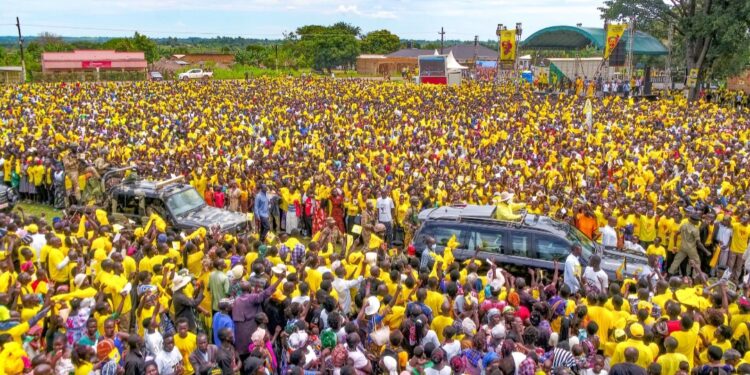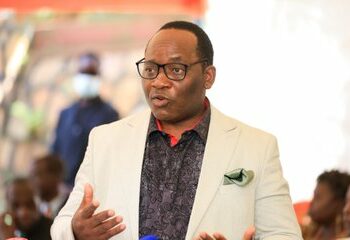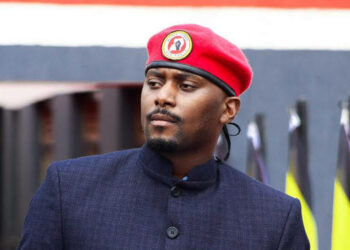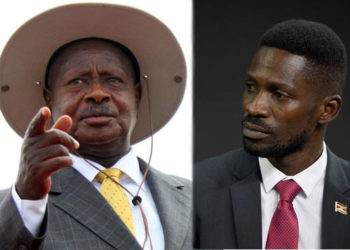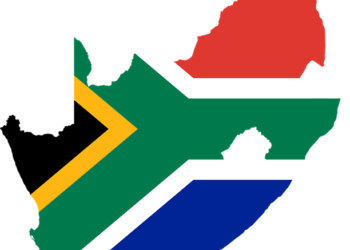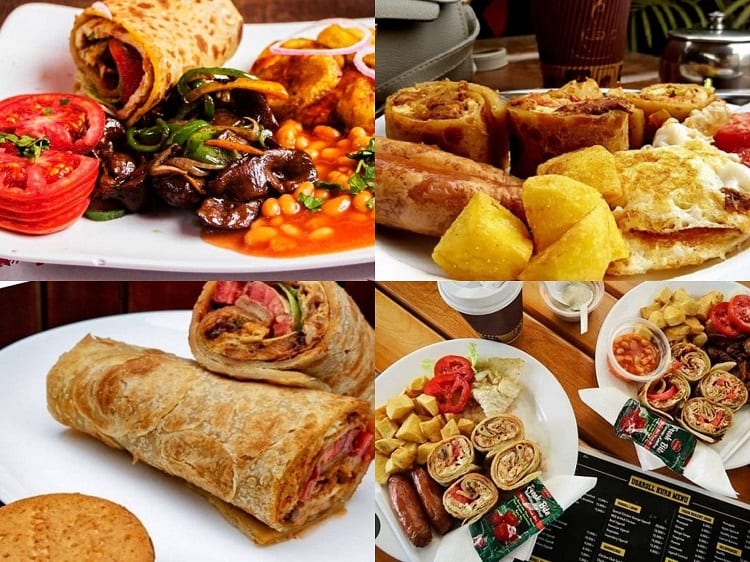With nominations for Parliamentary and Local Council 5 contestants done and awaiting the official commence of the campaigns in accordance with the roadmap of the Electoral Commission (EC), attention now switches to how the campaigns will be and the caliber of leaders that we would like to have from the process.
This round of campaigns, coming two decades since the reintroduction of multipartism, ought to show how we have matured as a democratic nation. It should be about substantive issues on all sides unlike, especially, that of 2021 which was more of rhetoric from some camps. The Presidential campaigns are still peaceful- a very good thing. President Yoweri Museveni, the candidate of the National Resistance Movement (NRM) has been in Lango, West Nile, Acholi and Karamoja, besides continuing with his state duties. Very fit! Thanks to the people for the wonderful reception accorded to him and appreciating his emphatic message protecting the gains of the revolution.
With President Museveni already ahead on the campaign trail, what new thing should we expect from party candidates when they hit the trail, besides asking voters for votes? They should be put to the test to see whether they can add a layer of sophistication to our politics, beyond the pomp and pageantry. Can they articulate and unpack the party manifesto as the lead campaign tool at their disposal?
Every new election cycle presents an opportunity to upgrade out democratic practice. The influx of aspirants that has been witnessed at the various levels indicates increased political consciousness and an expanding pool of alternative leadership. From that pool, we pick the most suitable and this should be measurable, in many ways.
During the NRM primaries, our call was for voters to identify with contestants that would actively associate with party National Chairman, President Museveni’s vision for prosperity of the masses and the individual, at once-backing the Wealth Creation agenda as a highlight of making good governance personal to every Ugandan. Voters decided as they did, save for a few questions arising here and there from the process. With flagbearers of different parties- and independents -meeting in the field, the question narrows down to the Manifestos.
How much significance do the candidates attach to party manifestos in the quest to win over voters? How much importance do voters attach to the manifesto in deciding whom to vote? How many have read their party’s manifesto? How many have read all party manifestos to make comparison?
Remember, the manifesto stipulates what a party intends to do for the voters in the period for which a mandate is being sought. It’s a pact of promise and trust! It’s about individual and collective responsibility.
That’s why NRM operates a fulltime Manifesto Implementation Unit which tracks steps in delivering on the promises contained in the book.
And because NRM has consistently won elections across successive cycles, it’s assumed that it always fronts the best manifesto or, at the very least, the party is most trusted to deliver on its promises, because of its pro-people track record. NRM also benefits from fronting the best Presidential candidate who combines revolutionary ethics, experience, seniority, excellent articulation, knowledge of historical, national, regional and international issues; unique touch with the masses, trust and ability to evolve and find space with various generations of Ugandans.
His mind and outlook informs a big part of the manifesto framework but in the end, it’s up to individual leaders to internalise and localise the document in their constituencies.
As we go full scale into campaigns, a simple exercise could simplify decisionmaking for voters. What if we tested candidates on their knowledge and understanding of the respective manifestos and those of rival parties, wouldn’t it be a litmus test of their “seriousness” and calling to lead? What if candidates would be asked specific questions on the contents of the manifestos of parties whose flag they carry and how they would localise the commitments there in? Wouldn’t that take the standard of campaigns to a higher level and prepare the prospective winners to properly align with the Vision of the National Chairman and Head-Of-State? It’s indiscipline and betrayal for a party candidate not to know what’s contained in the manifesto!
On the other hand, the candidates could ask voters where particular issues of interest are covered to test their depth in interrogating the competing political programs. It’s because of the casualness about campaigns that you find some candidates promising unrealistic things that are not provided for in official election-related or policy records, and voters voting on the basis of fanfare and falling for untested idealism or outright lies. End result is false hope for the voters and undue pressure for the winning candidate.
I am not saying that campaign rallies should be like classrooms. The merrymaking and informal interactions should stay, since they spice up things- as a celebration of democracy and the gift of life. But after the kadodi and sloganeering, the business of the day is the new leaders that will emerge when all the votes have been counted. Are we to front “clowns” and political adventurers looking for titles or those with a calling to make a difference, with sensible commitments and measurable deliverables, and who belong to an organisation that is tried, tested and with guarantees for future accountability?
We must aim for campaigns like no other which will give us leaders with depth and true patriotism, with voters who are informed and able to contribute to actualising those promises. I can predict that if we try this “model”, we shall never regret as a country, and gains will be protected in 2026 and beyond!
The author is the Special Presidential Assistant-Press & Mobilisation/Deputy Press Secretary
Email: faruk.kirunda@statehouse.go.ug
0776980486/0783990861
Do you have a story in your community or an opinion to share with us: Email us at editorial@watchdoguganda.com

